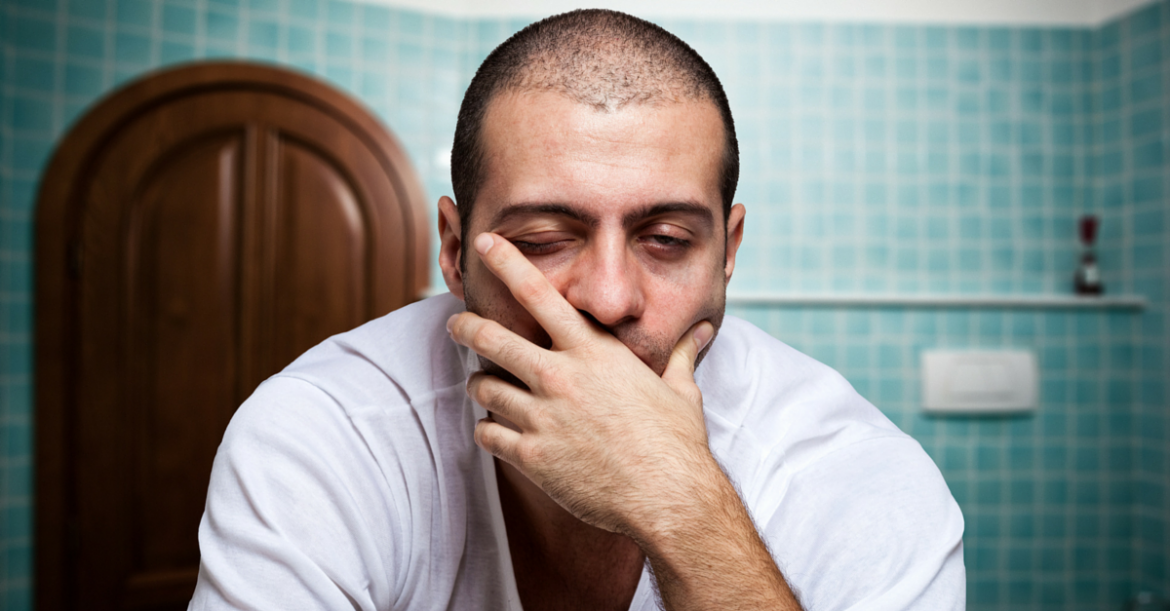For over a century scientists have studied how sleep deprivation affects us. The first study of cognitive performance effects due to lack of sleep on humans was in 1896, and had three adults endure a full 90 hours of staying awake. Since then, there have been 3 types of studies mainly focusing on cognitive performance, motor skills, and mood affects due to lack of sleep. Needless to say, feelings of fatigue, loss of motivation, irritability, and confusion are all results, and we can all say that first hand. However, have we looked deep into changes of physique due to sleep deprivation? It has been rumored that sleep deprivation can equal in weight gain, but does it?
The vicious cycle that comes with lack of sleep has to do with nightly hormones. The hormone that notifies you when you’re hungry is called Ghrelin. Ghrelin stimulates food intake and preserves fat. Staying awake while you should be sleeping is overworking the body, and burning more calories. Sleep deprivation causes the body to produce more Ghrelin. In contrast to Ghrelin, its “opposite” is the hormone Leptin. This hormone notifies the body when it is full from eating, and is produced less with lack of sleep.1
Feeling sleepy during the day can result in eating more due to high levels of Ghrelin. This cycle of sleeping less and eating more with a slower metabolism can result in weight gain. Weight gain is also caused by poor food choices when feeling fatigued and tired, as well as lack of exercise due to sleep deprivation. Although some may brag about pulling an all-nighter, they really are kicking themselves and their body for not catching some Z’s.
The proper amount of sleep required for adults is 7 and a half hours of rest. Sleeping more than this isn’t by any means going to help you loose weight, however if you know your not getting the proper amount of sleep and your not in peak physical shape, going to bed earlier might help you overall loose those extra pounds. A few recommendations to catching more sleep includes drinking only decaf coffee after 2 p.m., exercising daily, and not eating large meals before going to sleep. If you still have trouble sleeping talk to your doctor about getting a sleep evaluation to understand an underlying problem.
So, for those who are workaholics, sleep-deprived parents, partiers, or procrastinating college students, turning that nightly 4 hours of sleep into a solid 7 or 8 will make positive changes for your physical and mental health.
——————————————–
Steiger, Axel. Eating and sleeping – their relationship to ghrelin and leptin. Munich, Germany. Max Planck Institute of Psychiatry, D-80804; November, 2004
 Food
Food Farmers
Farmers Sustainable Living
Sustainable Living Living Planet
Living Planet News
News